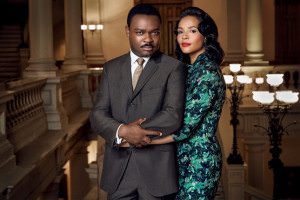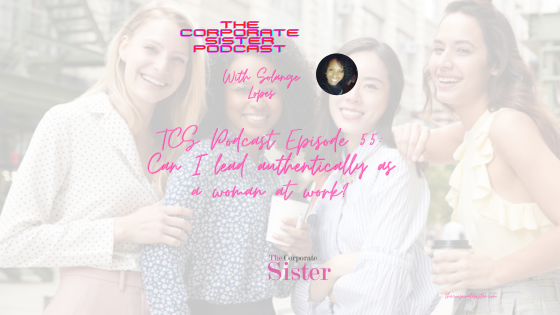At the risk of hopping a bit late on the “Selma” talk bandwagon, I finally was able to put some words on paper about the movie I went to see to commemorate Martin Luther King’s week-end. I wanted to go see “Selma”, I was intellectually craving, literally, this historical masterpiece that I, as a Black woman, ought to have seen in tribute to the late Dr. King. So last Sunday, I fluffed my ‘fro, picked up a few girlfriends, and on we went to go see Selma…
As I sat in a racially mixed audience, under the weight of my own experience as a Black woman, something happened, as I discovered, for the first time, not just the impressive, bigger-than-life MLK figure played by the talented David Oyelowo, the other main character of the movie: the women of “Selma”.The movie, produced by outstanding lady film director Ava DuVernay, opens with Oprah Winfrey’s character, Annie Lee, being unfairly rejected at the voter registration booth for the fourth time. It is said Annie Lee struck Sheriff Jim Clark to the ground after being attacked with a billy club.
“Selma” continues on to introduce us to the other women who, despite the lack of attention being given them through history, played a major role in the struggle. Women such as Diane Nash, played by Tessa Thompson, who was also one of the leaders of the Nashville sit-ins, later went on to be an organizer of the Freedom Rides, and is still alive today. Or Amelia Boynton Robinson, who turned her home into the movement’s central office after her husband’s death, and was brutally beaten during Bloody Sunday.
Last but not least, Coretta Scott King, played by actress Carmen Ejogo, reminds us all what it is to stand by a strong man. My heart ached during the scene when she tells her husband she can smell death everywhere, and can no longer live this way. Or when she asks him, in a scene filled with guilty silences and heavy meaning, if he “loved the others”. Or when she meets with Malcolm X in an effort to strategize and save her husband. Indeed, next to every powerful man, stands a powerful woman…
“Selma” is not just a piece of history for the books. It’s a reminder that the march continues for all, regardless of race, gender or affiliation. “Selma” is also about the women, the ones who’ve marched before, the ones who are still marching, in their homes, within their families, at work, within the highest spheres of power and at the lowest levels of economic progress alike. We salute them!
It’s about you and I. Period.
The Corporate Sis.








I just want to tell you that I’m very new to blogging and seriously enjoyed this web site. Likely I’m going to bookmark your blog . You absolutely come with excellent posts. Bless you for sharing your blog site.